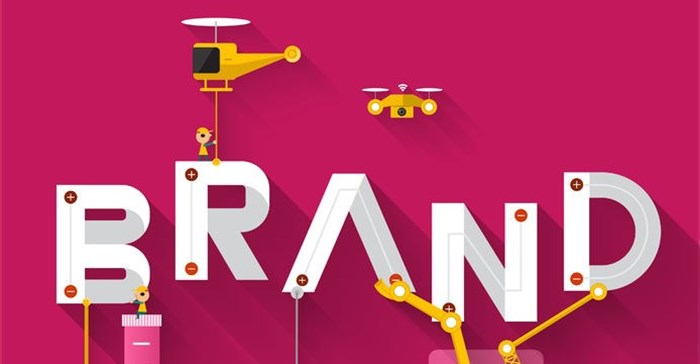
Top stories



HR & ManagementNational minimum wage 2026: What workers (and employers) need to know
Danelle Plaatjies and Ludwig Frahm-Arp 10 hours



More news





















What you are about to read is therefore not necessarily a trend but more "a way of brand building".
There are experts and organisations that provide trends for the 2016, and some will be for beyond 2016. Whilst that is interesting, I take this opportunity to provide what I believe to be the future of brand building and people engagement.
Often, brands invite consumers, customers and prospects into their world, whether virtually or physically, in the form of events or even store visits.
People love brands, and sometimes refer to them as part of who they are. They see brands as extensions of themselves. That's how powerful and interlinked brands have become to people. But the question - and the point I'm trying to make - is whether brands do feel and see themselves as extensions to the people that they claim to understand and market to?
The simple and most truthful answer is 'no'. I don't think that brands are extensions of the people that they claim to know.
Most brands claim to be, or should be, corporate citizens of this country, and indeed there is no denying that their actions provide some proof that they are. For example, brands engage in CSI (Corporate Social Investment) initiatives, especially for the disadvantaged or previously disadvantaged. Whilst those contributions are important and we obviously cannot take away from them, buy brands become silent or keep quiet when South Africa is crying or bleeding - this is the time when people really need brands to become visible and be present.
I believe that it is the responsibility of all brands to do good for the people who live in the geographic locations in which they operate, that's just a given and South Africa is no different. People look up to brands, and yet brands tend to look down on people or shy away from the most intimate issues that people grapple with.
When notions like '#FeesMustFall', '#RhodesMustFall' or '#RacismMustFall' or questions are raised about the senseless killings in Marikana; how many brands showed their support? These are uncertain times, and people become disparaged, and therefore need more support than ever before.
Sometimes friendships and relationships are most vulnerable and tested during the worst and most discouraging circumstances, and the relationship between brand and customer is no different. People need and expect brands to be that friend when it matters most.
I don't understand the notion that brands need to keep quiet or shy away from commenting about social problems faced by their target markets and target audiences, which they so impeccably describe and define in the consumer profiles.
I therefore think the time has come for brands to deliberately feel vulnerable, to put themselves in the shoes of their target markets.
Brands are always extra careful with the type of content they push, and what they associate themselves with. They are always cautious about what they tweet, post, tag, retweet, etc., and this enables them to not fully be expressive, and to some degree, be disconnected from people.
For example; if a friend of mine is always there when things are good and when we are generally having a good time, that's expected and good for memories, but what is even more fulfilling is for that same friend to stand by me and support me when I'm at my worst. The latter is the most connected moment of the friendship. That is no different from a brand and citizen relationship.
When brands are keeping quiet and not participating in real issues, I think that they are missing the point, and not just the point, but opportunities to really play a meaningful and useful role that so many brands claim to be doing anyway. A huge opportunity to show that they (brands) really get their customers.
But for that to happen, brands need to let go of their fear. The fear of standing up for what is right. The fear of standing for those who either cannot stand for themselves or who are trying to stand up for themselves, but their voices are being stifled, therefore the impact is minimal.
The future of brand building is not merely about latching onto the latest trends, hashtag or fashion, but engaging in not only actions but also conversations that are really for the greater good.
The future of brand building will not be measured by the number of sales, likes, followers, advocacy, consideration, trust, equity, product lines or whatever metric used to measure success, but it will be measured by the achievement of all the above, and the quality of life for the majority. A successful brand in a generally unsuccessful society does not make any sense.
The quality of life for the majority is the only metric for measuring a successful brand.
"If the community is good, and people are healthy, then business will be healthy." - Jack Ma, Founder of the Alibaba Group.
People build brands, therefore brands need to inversely build people, not just through CSI, but through everything they do and say, with 'say' being the operative word. Brands need to tag onto conversations that matter, and not overtly be concerned about creating trending hashtags.
Ma adds: "The most important people to a brand or a company are the customers, not the shareholders. Shareholders cannot be trusted because they are consciously and always looking for opportunities. If the share price plummets, they'll be quick to sell, but the customers and employees will always be there."
If brands really know their customers and people, they will know that people need them now more than ever before.
